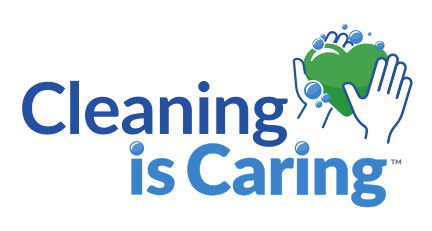March is National Nutrition Month, the perfect time to re-evaluate that morning breakfast rush. While moms (okay, probably grandmoms) have always claimed it was the most important meal of the day, todayʼs grab-and-go generation often leave a good breakfast in the dust.
Why bother with breakfast?
There are many reasons why breakfast is important. Start with the fact that the bodyʼs metabolism slows down at night and doesnʼt speed up again until you eat something; breakfast is the jump-start your metabolism needs. Itʼs also a kick-start for your brain. One study on children found that kids who eat breakfast score higher on tests and are less likely to suffer from depression, anxiety, and hyperactivity.
Other studies have shown that breakfast eaters are less likely to be overweight and that if pounds do creep up, successful dieters are more likely to be breakfast eaters. And thereʼs some evidence that eating breakfast may reduce your risk of serious illnesses like heart disease, stroke, diabetes, and cancer. It may even strengthen your immune system so youʼre better able to fight off common ailments like colds and flu.
A good breakfast
The best breakfasts have three components:
- A carbohydrate: Think cereal, bread, muffins, rolls, tortillas, or rice. Whole-grain versions pack a better nutritional punch.
- A protein: Go for the lean options, such as a slice or two of Canadian bacon, an egg, a slice of lean deli meat or cheese, yogurt, or cottage cheese.
- A fruit: Choose fresh, frozen, canned, or dried versions. The optimum nutritional recommendation is 5 to 9 daily servings of fruits and vegetables – so breakfast is the logical place to start!
Think out of the box. A sandwich, a slice of leftover pizza, yogurt with fruit, dried fruit, a hardboiled egg. A good breakfast doesnʼt have to be fancy – or timeconsuming. It can even be packed and refrigerated the night before so itʼs ready and waiting for those on the run.
A safe breakfast
Donʼt let your eat-a-good-breakfast resolutions be sabotaged by bacteria that cause foodborne illnesses. Follow these tips for preparing and packing a safe breakfast:
- Before preparing food, make sure your hands, food preparation surfaces, and utensils are clean. Use warm water and soap to help remove germs.
- Wash fresh fruits and vegetables thoroughly and paper-towel them dry before packing or eating them.
- Donʼt leave foods unrefrigerated for more than two hours. If youʼre packing a breakfast-to-go that wonʼt be eaten immediately, use an insulated container, or double-brown-bag it and add a cold source such as a cold pack or frozen juice pack.
- Clean surfaces, along with any utensils and dishware, used in food preparation. To kill harmful germs on surfaces, use a disinfecting spray or wipe.
- Wash your hands before eating. For grab-and-go eaters who donʼt have time for a sink stop, keep hand wipes or a hand sanitizer by the door. For on-the-run eaters, pack them with the breakfast.


TELL US WHAT YOU THINK (0)